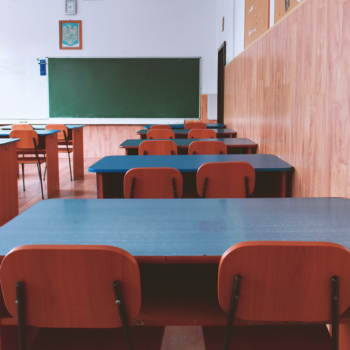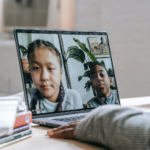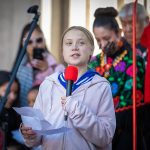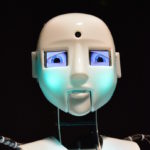The most unusual and stressful school year in recent memory in the U.S. just came to a close. Across the world, the COVID-19 pandemic disrupted education for a generation of young people, and students, educators, and parents turned to digital technologies to fill the gap. They used text messages to communicate about homework in rural India, broadcast lessons over radio in remote Himalayan villages, and conducted classes via Zoom in the U.S. Students learned science from YouTube and TikTok videos and collaborated on homework using messaging apps like WhatsApp and WeChat.
Technology was always set to play a major role in education’s future, but the pandemic kicked this transition into high gear. While it introduced exciting new ways to learn, just as often it showed how limiting tech-centric approaches can be and how existing inequalities prevent many people from fully participating. We heard of students chasing down Wi-Fi signals for class or stealing a few precious moments on a shared family phone to do their homework. Half a billion young people were cut off from school entirely during the pandemic because they don’t have the technology or connectivity to participate in remote learning.
The past year offered a preview of what education might look like as it becomes increasingly digital. To find out how we can use technology more effectively and equitably, we gathered experts from across the world for a research sprint at Harvard University’s Berkman Klein Center for Internet & Society. Here’s what we learned about how to make education accessible for everyone by thinking more broadly about what learning is and where and how it happens.
Read the full article at Fast Company.
This article was produced by Footnote in partnership with Harvard Berkman Klein Center for Internet & Society.





